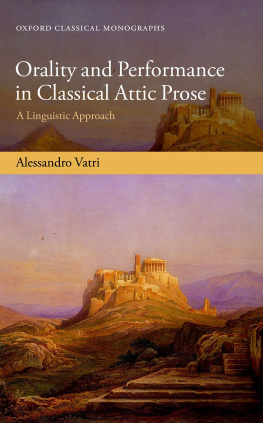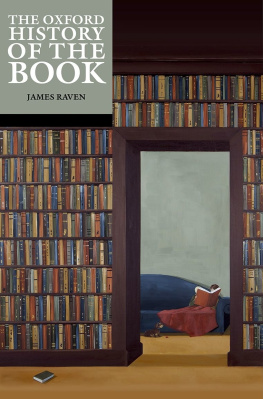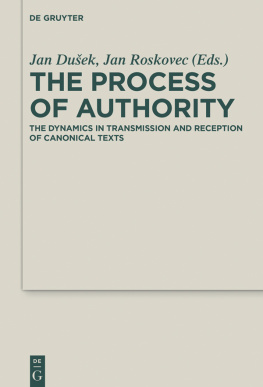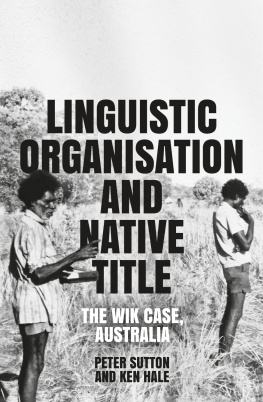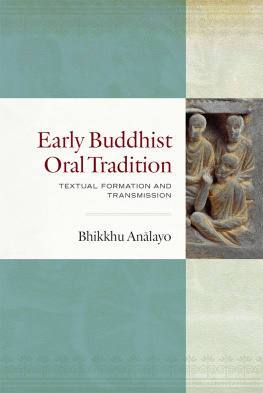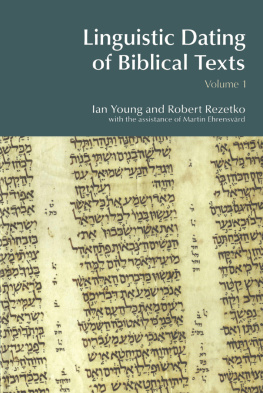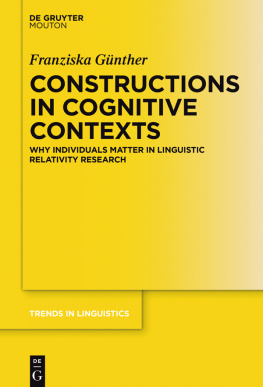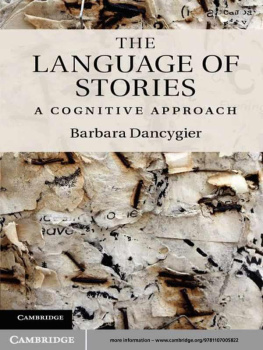Oxford Classical Monographs
Published under the supervision of a Committee of the Faculty of Classics in the University of Oxford
The aim of the Oxford Classical Monographs series (which replaces the Oxford Classical and Philosophical Monographs) is to publish books based on the best theses on Greek and Latin literature, ancient history, and ancient philosophy examined by the Faculty Board of Classics.

Great Clarendon Street, Oxford, OX2 6DP, United Kingdom
Oxford University Press is a department of the University of Oxford. It furthers the Universitys objective of excellence in research, scholarship, and education by publishing worldwide. Oxford is a registered trade mark of Oxford University Press in the UK and in certain other countries
Alessandro Vatri 2017
The moral rights of the author have been asserted
First Edition published in 2017
Impression: 1
All rights reserved. No part of this publication may be reproduced, stored in a retrieval system, or transmitted, in any form or by any means, without the prior permission in writing of Oxford University Press, or as expressly permitted by law, by licence or under terms agreed with the appropriate reprographics rights organization. Enquiries concerning reproduction outside the scope of the above should be sent to the Rights Department, Oxford University Press, at the address above
You must not circulate this work in any other form and you must impose this same condition on any acquirer
Published in the United States of America by Oxford University Press 198 Madison Avenue, New York, NY 10016, United States of America
British Library Cataloguing in Publication Data
Data available
Library of Congress Control Number: 2016947650
ISBN 9780198795902
ebook ISBN 9780192515452
Printed in Great Britain by Clays Ltd, St Ives plc
Links to third party websites are provided by Oxford in good faith and for information only. Oxford disclaims any responsibility for the materials contained in any third party website referenced in this work.
Preface
This book addresses a question that is recurrently (albeit often implicitly) raised by literary scholars and cultural historians: is there a linguistic difference between prose texts meant for oral delivery in public and those meant for written circulation and private reception (regardless of differences in genre or authorship)? The book engages first of all with the task of discussing the legitimacy of this question by defining what orality and oral performance mean in a classical Athenian context, by analysing and classifying the situations in which the extant prose texts were meant to be received, and by explaining on which grounds we may expect linguistic features of the texts to be related to such situations. Cultural-historical and anthropological facts suggest that an essential requisite of texts that were conceived for public delivery was that they should be as clear as possible, but do not imply that the opposite was required of texts conceived for private reception. This theoretical consideration lowers the expectations that the initial question may have a positive answer; nevertheless, such a question needs to be addressed analytically. For this purpose, the book embarks on the major methodological effort of reconstructing how clear or how difficult a text would have been to an ancient native listener in the original context of reception. In order to do so, this study endeavours to interpret all the available evidence on the native perception of linguistic difficulty in the light of current research on language comprehension, building on the theoretical insights and experimental findings of modern psycholinguistics. As the reader can tell, this is an ambitious attempt and comes with a number of limitations, some of which may be overcome in the future as experimental research progresses, while others are enforced by the (very) partial nature of our evidence and by the inescapable fact that no experimental tests are possible for the native comprehension of a dead language. One of my major concerns in the design of this part of my study was to make sure that my linguistic analyses are as rigorous, transparent, and replicable as possible, opting in each case for the more cautious interpretation, presenting all necessary caveats, and avoiding arbitrariness as much as possible. In spite of such limitations, the results of a study of a small corpus of samples of Attic speeches indicate that, if appropriately delivered, Attic prose texts would not generally sound difficult to native speakers. In other words, there is no uncontroversial indication that, in oral performance, texts meant for private reception were linguistically harder than those meant for public delivery. Things would have been different for first-time readers, to whom all prosodic and paralinguistic information was unavailable: certain texts would most likely have been significantly harder to read than others even for ancient native speakers, as is confirmed by ancient primary evidence.
This book started its life as my Oxford doctoral thesis The Linguistics of Orality. A Psycholinguistic Approach to Private and Public Performance of Classical Attic Prose, which was supervised by Andreas Willi. If I may borrow a passage from the preface of his own thesis-based monograph (The Languages of Aristophanes), as a doctoral student I enjoyed the privilege of declaring myself a linguist whenever I spoke to a classicist, and a classicist whenever I spoke to a linguist. There is no better way to be considered a specialist, to hide ones ignorance, and to obtain much-needed help. At the time of writing, I would describe myself as a classicist who uses linguistics to address cultural-historical questions, and I hope that readers of this monograph will not find this an implausible claim. This book does presuppose familiarity with Classical Greek, but it does not take too much training in linguistic theory for granted, seeking to provide accessible explanations of linguistic concepts and to present analyses and data in a reader-friendly way. In sections dealing with social history, history of the texts, and rhetorical theory, which could be of interest to readers beyond classical studies, Greek technical terms are transliterated. Quotations are either paraphrased or translated into English, and so are all examples in Classical Greek or modern languages.
The quotation from The Languages of Aristophanes is the least of my debts to Andreas Willi. In June 2008 he gave me a copy of that book and inscribed it with all best wishes for the future. A year after, I came back to Oxford and started working on my DPhil under his supervision, and through the years he guided my first steps into academic adulthood with constant support and encouragement as well as pragmatism and intellectual honesty. His best wishes were indeed most effective: I could not have wished for a better, more rewarding, and more enriching experience from an intellectual, professional, and personal point of view. I am also extremely grateful to have been mentored and advised by Philomen Probert, who followed the development of this work at different stages, from my first-year drafts to the final revised version, which she patiently went through several times as I prepared it for publication. It was a true privilege to be guided through this process by a scholar whose extraordinary intelligence, learning, and rigour match her great benevolence, generosity, and helpfulness, as well as her contagious enthusiasm for scholarship. I also wish to thank my examiners, Rosalind Thomas and Helma Dik, whose criticism and advice greatly helped me reconcile the two souls of this work (the cultural-historical and the linguistic) with each other.

